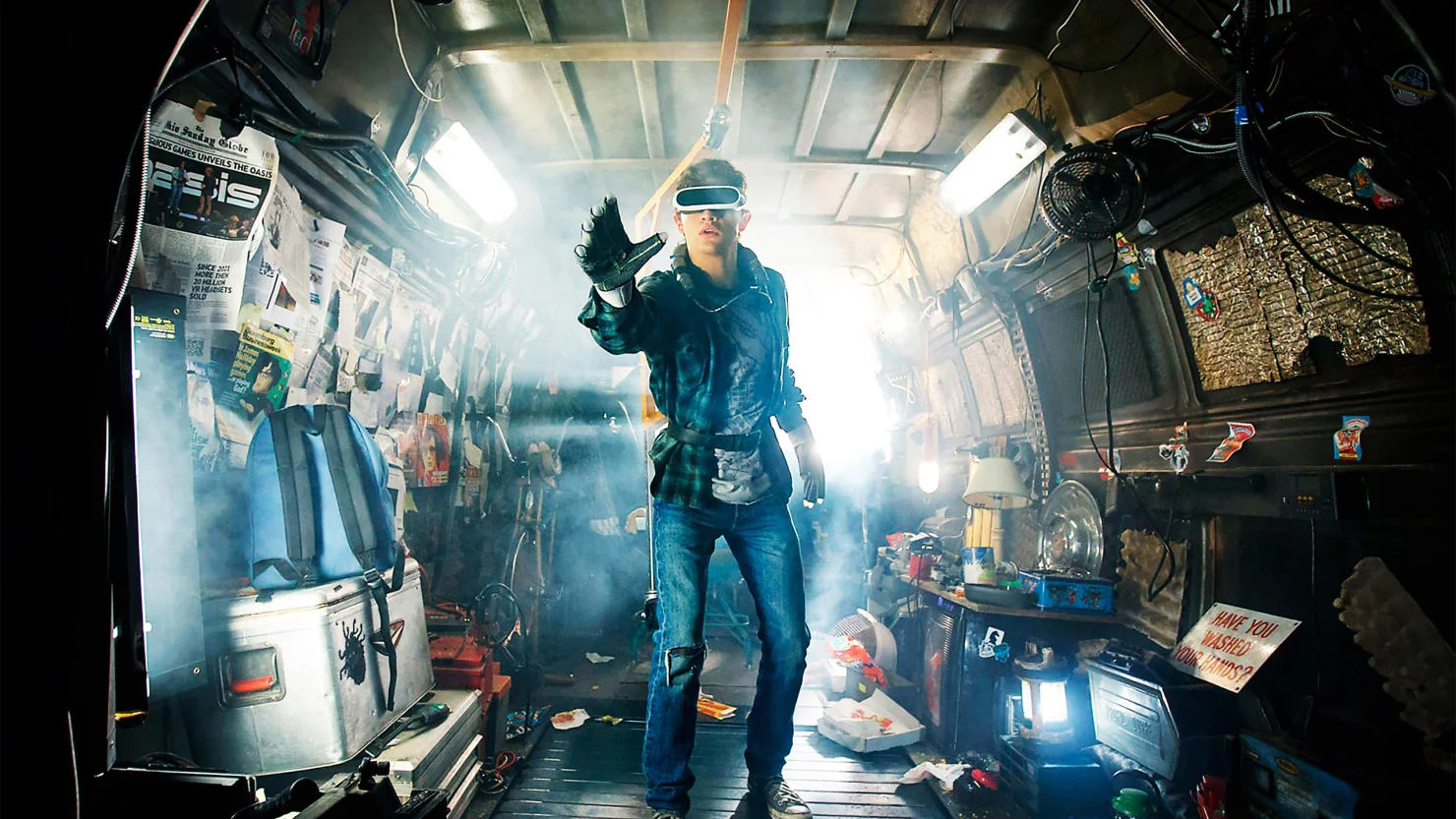Just Crazy Enough To Work - Unsane
Mental health is probably one of the worst-handled subjects in the movie world. So often, people afflicted with mental illnesses are either murderous villains or ominous forces to be feared. It is exceedingly rare to see anything like a nuanced picture of mental health, so when one shows up, it is almost cause for celebration. And while I'm not sure Unsane is that, it is at least a fresh take. An iPhone-generated, frenzied look at what it is like to lose your grip on reality and to not always have a sense of what is real and what is not. Steven Soderbergh's latest gives us an unreliable protagonist and an assortment of characters we don't know much about. The result is a narrative that is never done shifting and thus never done surprising. Some of these surprises land, while others don't, but the end result is intriguing if nothing else.
Our protagonist, Sawyer Valentini (played by Claire Foy), is a young professional with some form of mental illness. When she joins a support group for people who have dealt with stalkers, she unwittingly commits herself to a facility that cuts off her contact with the outside world. Convinced that her stalker is working in the facility and thus keeping her there, she tries desperately to convince them she is sane.
Along the way, she becomes friends with another patient, Nate (played by Jay Pharoah) who seems to know the lay of the land. He explains that the institution is likely trying to keep her to bilk her insurance company out of money and that the best approach is to lay low and try not to cause any trouble. Throughout the film, she fights to maintain her sanity while battling a crooked institution and internal demons.
The movie's tight shots and rapid angle changes mimic the sort of manic disposition mental illness can sometimes cause. Far from being a total affront to mental health issues, the film actually does a decent job of humanizing Sawyer and making her more than her illness. Because she is essentially a borderline case, we get the chance to both trust and mistrust her on what seems to be a seesaw throughout the film.
The film's greatest strength is that it sometimes seems to have subtle things to say bout race and class. We see Sawyer's white female fragility benefit her in ways that separate her from the other patients. The film doesn't exactly linger on this, but it does just enough to let you know it is intentional. It means to make you think about the support structure she has when her mother shows up to rescue her and how that just isn't so for most in her position.
Where the film falters most is in its third act. Not only do some of the smart political statements come undone, it also drags on for what seems like 20 mins. too long. In a protracted standoff with her stalker, we wind up with a Matt Damon cameo, disposable 'other' characters and a crescendo that seems like an unmistakably male vision that reeks of pre-#MeToo conceptions of stories about women. It isn't quite a man rescuing her, but it's a head scratcher nonetheless. But if Soderbergh's project here was a thought-provoking minimalist take on the frailty of mental health and the inadequacy of the system designed to deal with it, mission accomplished (mostly).
______________
If you like our content, please SHARE using the buttons below and SIGN UP for our monthly newsletter to stay up to date on the latest!










